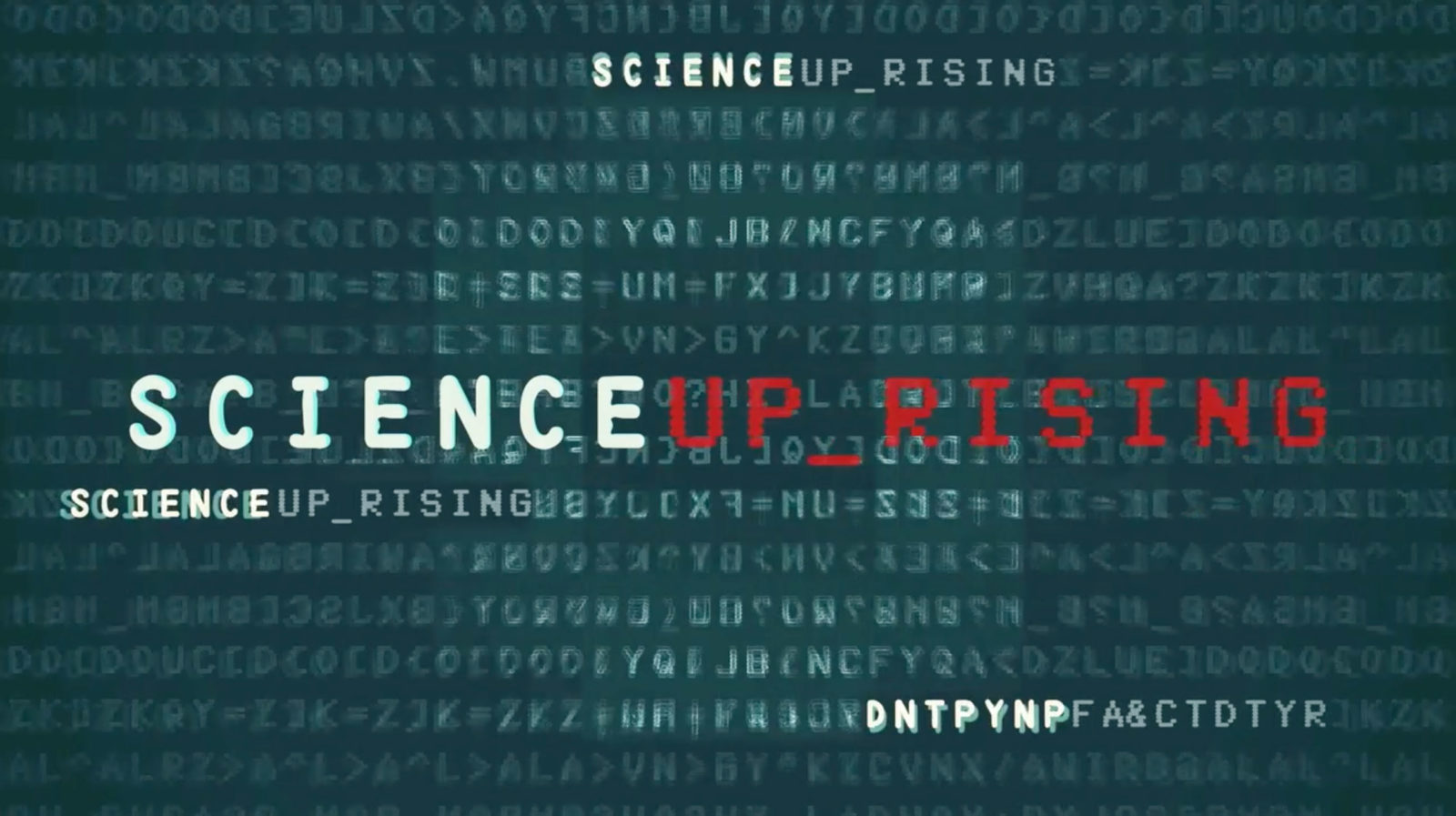Discovery Institute’s Center for Science & Culture Launches Provocative New YouTube Series Titled “Science Uprising”
View at ScienceUprising.Com“This is unlike any film project we’ve done before,” said Discovery Institute vice president John. G. West. “Science Uprising directly confronts the false views of science held by the growing number of science popularizers like Neil deGrasse Tyson and Bill Nye.”
The episodes are 6-8 minutes long each and address issues such as the existence of an immaterial mind, the origin of life from non-life, the fine-tuning of nature that allows life to flourish, the destructive power of mutations, claims about human evolution, and whether science has disproved free will.

Episodes feature original interviews not only with top Discovery Institute Fellows such as Stephen Meyer and Michael Behe, but also with leading scientists such as renowned research chemist James Tour at Rice University, physicist Frank Tipler at Tulane University, and influential research psychiatrist Jeffrey Schwartz, an expert on the neuroplasticity of the brain.
Science Uprising is the brainchild of cinematographer David Arabia and Center for Science and Culture Senior Fellows John West and Jonathan Witt, and created by a network of young professionals in the broadcast and cable TV industry.
“We’ve already shown episodes to groups of young people in Texas, Virginia, and Seattle — who all loved it,” said Jonathan Witt, senior fellow and part of the Science Uprising creative team.
The Institute will release one new episode a week from June 3 to July 8, with a final episode following later in the year. Episodes can be viewed directly at YouTube or at ScienceUprising.com, which also presents extensive additional materials allowing viewers to dig deeper into the topics covered.
